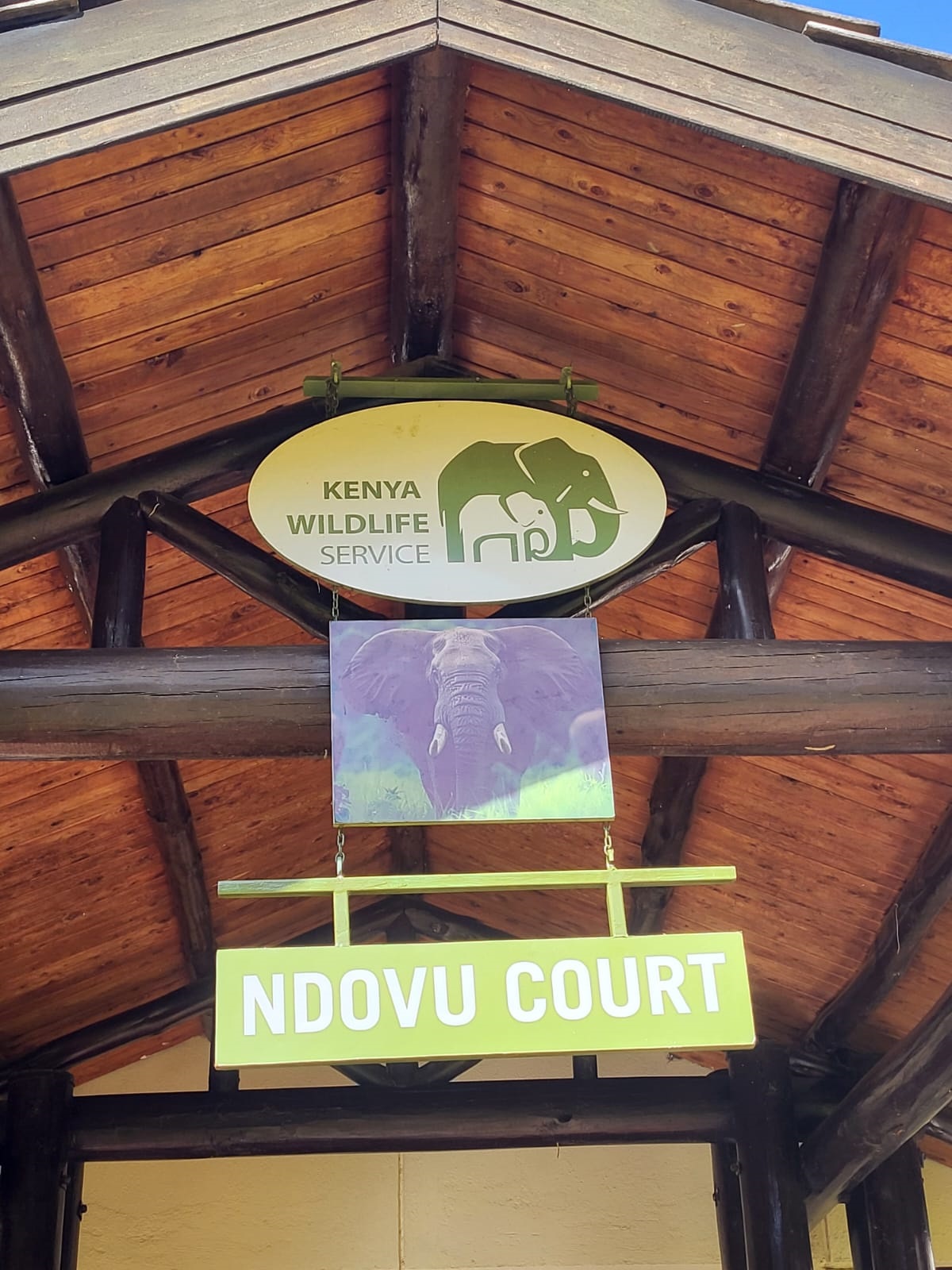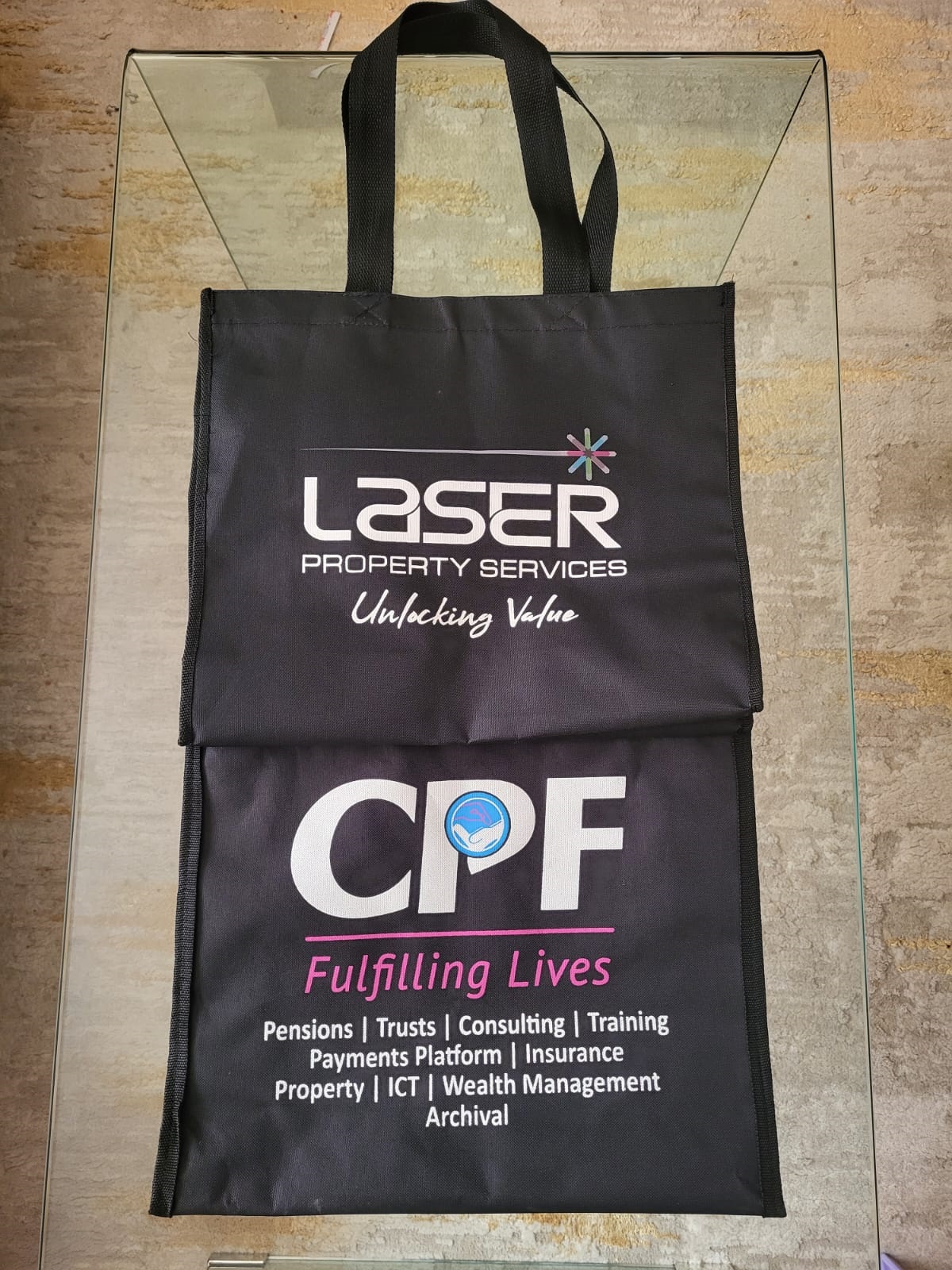Interview: Building a Brand Identity

Mmh, the only constant in life is change; we have seen interesting patterns especially, since the Covid year when most companies were forced to market through social media. Who would tell corporate giants would let loose and engage in challenges like ‘Jerusalema’ to remain relevant...
NAIROBI, Kenya, July 16, 2024/-- On our 30th Edition of Kikao, we are honoured enough to have a woman in leadership position, a venture builder, and one who uniquely understands the primacy of brands, image-making, and brand strorytelling.
Having built a set of capabilities, networks, and know-hows in marketing across Kenya, we hope her perspective will raise a bar in your brand success. In this edition, Kate discusses brand identity, building brand equity beyond social media, strategy, and more.
Let Kikao begin...
[Question 1] Welcome to Kikao. Introduce Kate.
Kate Nkirote is a mother to a brilliant boy, a young Entrepreneur, and a lover of life.
Kate has a decade of experience in the branding and marketing sector, she has developed a deep understanding of industry’s intricacies and dynamics.
She is the Founder and CEO of Brandhut Limited Kenya, her strategic vision and innovative approach have positioned Brandhut as a brand to look out for. In the competitive marketing landscape in Kenya, her commitment to excellence and innovation has enabled her to consistently deliver outstanding results for her clients.
She also wears the Communications and Marketing Director cap at Kenya National Chamber of Commerce and Industry (KNCCI), Laikipia Chapter.
[Question 2] What is Brand Identity? And why does a business need one?
Brand identity encompasses tangible and intangible elements of a brand. The main elements are a brand name, logo, typography, tagline (slogan), and a brand story.
A strong brand Identity is crucial for establishing a strong market presence, building trust and loyalty among customers, and ultimately driving business growth.
Brand Identity is essential for the following reasons;-
• Differentiation - brand identity helps one’s business stand out from competition, strategically positioning your brand.
• Consistency.
• Loyalty - a strong brand comes with customer trust and loyalty.
• Brand personality - a well-set identity sets an overall tone of your business.
In a nutshell, this is the start of our process at Brandhut, as we help our clients develop and maintain memorable brands.
[Question 3] “No brand launches into the world as a known entity.” How does one craft a strategy that ensures that the brand’s story, products or services resonate with the intended audience?
I believe failing to plan is planning to fail.
It is essential for companies to create Client-Oriented Strategies, the following steps can act as a guide:-
i. Understanding the Target Audience - Achieved through market research and segmentation.
ii. Developing a Unique Value Proposition - Emphasizing what sets the products and services apart from competitors.
iii. Identifying the right Marketing Channels and leveraging on Digital Marketing.
iv. Craft a compelling Brand Story - a vibrant brand incorporates storytelling, which creates an emotional connection with their clients. Great narratives enable brands to be relatable and memorable.
v. Creating a strong Visual Identity - remember the elements of a brand identity? (above) They must communicate best to your clients.
vi. Customer Interaction - active listening and engaging clients provides businesses with valuable insights and feedback.
vii. Implementation, and Tracking - Failure to plan, is planning to fail. Businesses should follow through with strategies put in place to reach their clients. In addition, tracking should be done to measure progress.




[Question 4] Most businesses and personalities (influencers) setting up nowadays are starting via social media which is lucrative, but bound within a platform. What is you take on this? And how does one build brand equity beyond platforms?
Mmh, the only constant in life is change; we have seen interesting patterns especially, since the Covid year when most companies were forced to market through social media. Who would tell corporate giants would let loose and engage in challenges like ‘Jerusalema’ to remain relevant in the middle of a pandemic?
Social media marketing does provide immediate access to visibility, audience and client engagement. However, relying on social media is risky considering the constant changes in policies, algorithms and the audience relation with influencers engaged by brands.
Depending on one’s target audience, try to strike an effective balance between digital and traditional options.
Building Brand Equity Beyond Social Media
What happens if we wake up one day and find the social media platforms are gone? I would recommend brands to adapt;-
• Creating a Strong Brand: A strong brand has a clear and consistent identity.
• Marketing Diversification: A blend of marketing options needs to be in place since all clientele may not be on social media. The use of traditional marketing like print (billboards, promotional merchandise, magazines, etc.), emails, podcasts and webinars.
• Community building: Bring your clients and prospective clients together by establishing a rapport that brings about a sense of belonging. You may develop programs to reward loyal customers and encourage repeat business. It’s the little things that count, gifts and price incentives go a long way.
• Use of Websites: Ensure your website and blog content are optimized for search engines to drive organic traffic.
• Provide exceptional customer service to build trust and loyalty. Regularly seek and act on customer feedback to improve products and services. They say feedback is food for champions.
[Question 5] Is there a way to measure the success or results of an effective built brand?
Yes, an analysis on brand awareness, brand loyalty, brand perception, number of sales and client reviews will paint a picture on the success of a brand.
Depending on where a company reaches out to its clients and prospective customers, tools of measure include brand awareness surveys and questionnaires, social media metrics, web analysis, brand mention tracking.
Companies that use engaging content and platforms, especially social media, receive feedback with ease and in a timely manner.
[Question 6] “The world is a book, and those who do not travel read only a page.” What is your understanding of this quote by Saint Augustine? And does it relate to you?
I think this quote underscores the importance of exploring the world. A static person misses out on a lot. Traveling is about experiencing new places, cultures, environments and establishing new connections around the world.
For business travel, it provides networking opportunities, promotes learning, opens new markets etc.
For me, travel is like that ‘pilipili kwa umbali’ in our delicacies. It’s a part of my life and is a perfect way to incorporate play and work. A dull Kate is no fun.
[Question 7] As a parting shot, can Africa build strong brands through their stories?
Absolutely, storytelling is a powerful tool that evokes emotional connections with customers. The continent is home to a wealth of cultures, rich history, and innovations that resonate locally and globally.
Through authenticity and resilience, African stories can be leveraged to create powerful brands.
M-pesa by Safaricom is good example, the stories demonstrating how the unbanked have access to banking services resonates globally.
Young brands like Jokajok, an African Luxury brand make use of stories to market and introduce new products in the market.
Beautiful stories are easy to remember, and they humanize brands.
The written interview was compiled by Phineahs Munene – Co-founder of WazoMoja for Kate Nkirote – of Brandhut Limited Kenya
Distributed by WazoMoja on behalf of Brandhut Limited Kenya
SOURCE
Brandhut Limited Kenya
